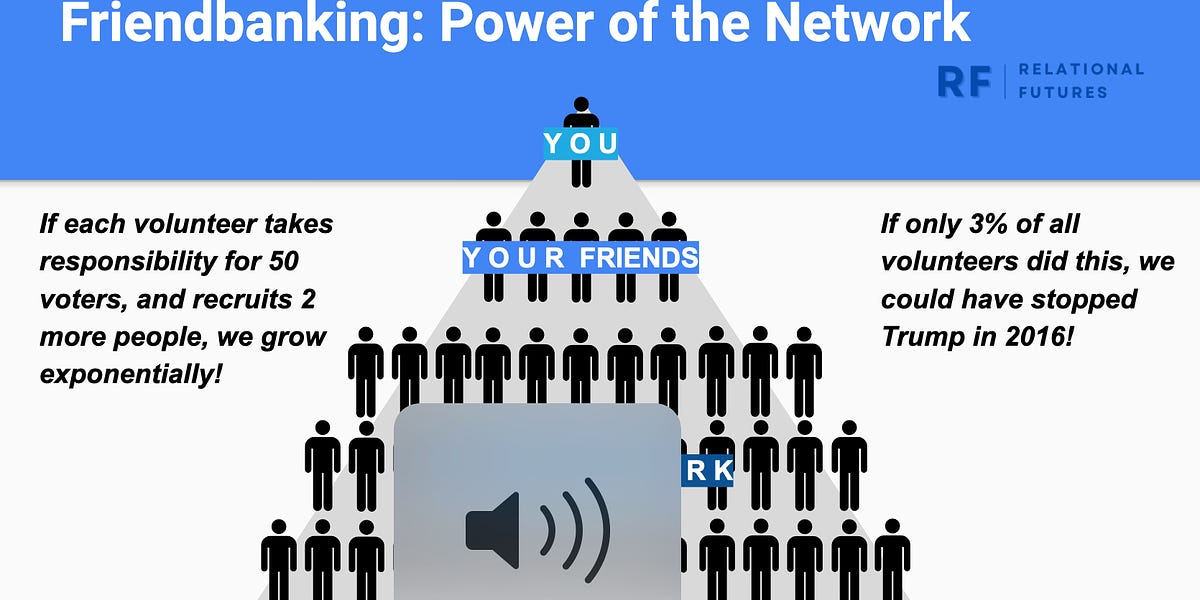Essentials, December 11, 2024
News and commentary for understanding and coping with the years ahead... All corruption, all the time – I Donald Trump Controls
A compendium of the best reporting and commentary surrounding the pivotal 2024 elections in the United States. You will rarely find horse race coverage here, or the standard "both sides" BS that passes so often for political journalism. What you will find are links, with brief commentary, to work that I believe advances the conversation we should be having about America's – and the world's – future. Remember: Everything is at stake this year. (Unfortunately, some of the work I point to is behind paywalls.)

Mr. Kelly was homeland security secretary under Mr. Trump before moving to the White House in July 2017. He worked to carry out Mr. Trump’s agenda for nearly a year and a half. It was a tumultuous period in which he drew internal criticism over his own performance and grew disenchanted and distressed by conduct on the part of the president that he considered at times to be inappropriate and reflecting no understanding of the Constitution ....He said that, in his opinion, Mr. Trump met the definition of a fascist, would govern like a dictator if allowed, and had no understanding of the Constitution or the concept of rule of law.
Kelly was a four-star general in the Marine Corps, head of the U.S. Southern Command, Secretary of Homeland Security, and the White House official who for a time worked the closest with Trump. In this Times interview he amplifies similar comments, reported in Bob Woodward's latest book,* from Mark Milley, former chairman of the joint chiefs of staff; Milley called Trump "fascist to the core" and the most dangerous person in America. (The Times downplayed Milley's assertion, but now has its own top general to say what has been clear for years, so naturally it's bigger news to the Paper of Record.) Why should we listen to these guys? You don't get to the top of the U.S. military without a deep education in and understanding of authoritarian rulers' ways. These two also know Trump extremely well. He is a fascist. He will rule that way. And the Supreme Court has given him unprecedented powers – immunity from prosecution – that give him a comprehensive stay-out-of-jail-free card. The press is finally waking up, but way, way too late, I'm afraid.
*For some reason, our political press has ignored Woodward's latest demonstration of putting his own interests far, far ahead of the nation's, in withholding from the public Milley's 2023 comments. Reporting them 18 months ago might well have moved the public understanding, and conversation, about Trump in a direction that would have prevented the looming disaster we face. Journalists do this all the time – a scandal in my view – but rarely with such potentially disastrous consequences.
Kudos: Michael S. Schmidt

Examining a number of types of Americans, [Dorothy Thompson] wrote that the line between democracy and fascism was not wealth, or education, or race, or age, or nationality. “Kind, good, happy, gentlemanly, secure people never go Nazi,” she wrote. They were secure enough to be good natured and open to new ideas, and they believed so completely in the promise of American democracy that they would defend it with their lives, even if they seemed too easygoing to join a struggle. “But the frustrated and humiliated intellectual, the rich and scared speculator, the spoiled son, the labor tyrant, the fellow who has achieved success by smelling out the wind of success—they would all go Nazi in a crisis,” she wrote. “Those who haven’t anything in them to tell them what they like and what they don’t—whether it is breeding, or happiness, or wisdom, or a code, however old-fashioned or however modern, go Nazi.”
In her latest newsletter, Richardson reminds us of one of journalism's all-time heroes, Dorothy Thompson, who saw Hitler for what he was and worked tirelessly for several major U.S. publications to warn the nation of what was coming. In a time of fragmented media, this is less possible, though Richardson is one of few highly influential writers today willing to even try. (She points to a newsletter post by Rachel Bitecofer, who's also trying hard but doesn't have nearly the reach.)

A desire to force U.S. military leaders to be obedient to him and not the Constitution is one of the constant themes of Trump’s military-related discourse. Former officials have also cited other recurring themes: his denigration of military service, his ignorance of the provisions of the Uniform Code of Military Justice, his admiration for brutality and anti-democratic norms of behavior, and his contempt for wounded veterans and for soldiers who fell in battle. Retired General Barry McCaffrey, a decorated Vietnam veteran, told me that Trump does not comprehend such traditional military virtues as honor and self-sacrifice. “The military is a foreign country to him. He doesn’t understand the customs or codes,” McCaffrey said. “It doesn’t penetrate. It starts with the fact that he thinks it’s foolish to do anything that doesn’t directly benefit himself.”
Another general, in this Atlantic piece on the dictator in waiting, points out Trump's contempt for everything about the military except what it can do for him, personally. The article has one anecdote after another that will turn your stomach. Now, the U.S. military is about as far from perfect as you can get. There's a sordid history of terrible misdeeds, war crimes, and the like – though always theoretically under the command of civilian presidents (e.g. GW Bush) whose contempt for human rights was as profound as Trump's. So Trump's loathing occasionally hits on a valid point. But his claims of not wanting Americans fighting wars, which at some abstract level may actually be what he believes, don't change his stated eagerness to launch the troops against Americans at home. And if he gets the opportunity to do it, he will need generals who have as much disdain for the Constitution as he does. (Reminder: He'll have immunity from prosecution, but they won't.)
Kudos: Jeffrey Goldberg

With two weeks until the general election, I’m struck by how key agencies within the Biden administration continue to make progress. Last week, the Federal Trade Commission finalized its “click to cancel” rule, ensuring that it will be as easy to cancel a subscription as it is to sign up for one. On Monday, the FTC’s ban on fake online reviews took effect, designed to stop sleazy celebrity testimonials, reviews written by company insiders, and other distortions of the now-ubiquitous peer-to-peer recommendation systems we see virtually everywhere. These aren’t revolutionary steps, just solid progress to make people’s lives better. And the Consumer Financial Protection Bureau completed another one today. The final personal financial data rights rule was released, which will allow bank and credit card customers to move their money to competitors seamlessly.
The lead paragraphs of this Prospect article are a solid summary of something great that a) has been a key feature of the Biden years and b) has gotten such scant attention from the press that most Americans have no idea about it. The agencies responsible for promoting competition and fairness in business, and acting against the rampant sleaze that corporate America has taken as its right, have been – gasp – doing their jobs. This is because Biden appointed regulators who cared about enforcement, which is the opposite of the regulators during the Trump years who were actively hostile to things that were good for average Americans as opposed to plutocrats. How this stuff slips into the memory hole is no mystery: the Democrats are weirdly reluctant to remind the public, and the press – with its traditional one-day attention span – doesn't care, anyway.
Kudos: David Dayen

Voting is just part of democracy, but it's the essential place to start. Make sure you're registered. Doublecheck in the fall, well before Election Day, because in some states Republican officials are removing people, mostly those who tend to vote for Democrats, from voting rolls.

Take your personal contact list, compare it to the national voter file, and find out which of your actual friends, family, co-workers and past acquaintances live in swing states and districts where a call or text from you could be hugely influential.
Please read Micah Sifry's advice – and heed it! You still have time to make a huge difference.
I spend a lot of time looking for essential coverage, and hope you'll help me by letting me know about the good stuff you find. Let me know.
Was this forwarded to you? If you would like to have your own free subscription, please click here.